NBA legend Carmelo Anthony talks about working for social change
In Los Angeles, the scars of recent wildfires are still visible. Small businesses are fighting to regain their footing. A trio of NBA legends are pitching in to help. Social Change Fund United (SCFU), founded in 2020 by Carmelo Anthony, Dwyane Wade, and Chris Paul, has teamed up with fintech platform Stackwell and the National Basketball Players Association to launch the Visionary Ventures Program. The pilot kicks off in L.A. with a clear goal: equip small business owners with the tools, resources, and capital they need to build sustainable operations. Through financial education, grant funding, and ongoing development support, Visionary Ventures merges access with action. The new program represents an evolution of SCFU’s mission to address systemic inequality. The founders expect that Stackwell’s tech-driven approach to wealth-building will create a scalable model for impact that’s rooted in the communities that need it most. To understand how this all came together—and why now—Fast Company talked with 2025 Hall of Fame inductee Carmelo Anthony. He discussed the devastation of the wildfires, his continued commitment to under-served communities, and how he’s shaping his legacy beyond the game. Why was now the right time to partner with a fintech company like Stackwell? I just think it’s a very pivotal moment as we look at L.A. and those communities and try to help them rebuild, bringing more awareness to those wildfires and then providing support. Stackwell also has a proven track record—amazing with what they’re doing. How difficult was it for you seeing the devastation of those wildfires? You’re watching it unfold and continue to escalate and grow right in front of your eyes. The whole world was watching. You can feel that in your heart, and you feel it in your soul when you’re watching something like that because everybody is affected. You should be asking yourself what you could do, what you should be doing. That’s how you should be thinking as opposed to thinking, “You know, I can’t do nothing.” I think we do know that there’s only so much that we can possibly do and we just have to play our part. What inspired you, Wade, and Paul to launch Social Change Fund United, and how does the Visionary Ventures Program fit into that mission? It started back in, I want to say, 2020. It was a real moment. We were watching a moment in society and our community, and our country, and it’s right in front of our faces, and the world was watching. It was a moment where I had to figure out, “Damn, what do I want to do?” And I think everyone was asking that same question. We just talked, came together, and we founded the Social Change Fund United. What we did was create a really clear vision on what we wanted to do on strategy, how do we advance equity, how do we advance social justice, criminal justice reform, strategic partnerships. We became very intentional in our outreach, our partnerships, and just the messages that are out there. It took something tragic to happen for us—me, Dwayne, CP—to really have a vision on what we wanted to do. What are some of the unique challenges of launching this kind of initiative right now, given the current political climate around issues related to social change? I think the most important thing is understanding what you understand, right? We can’t do it all. The beauty is that we put ourselves in these spaces that we feel can have the most impact and influence and provide the most help, because we can’t do everything. We can’t attack every kind of issue on every pillar. So everybody who is involved with this at SCFU, we actually have experience in these lanes and our own lane that we’re actually tackling. Whatever that topic or issue is, we’re focused on that. We come together on a lot of things, but everybody has different interests and things that resonate more with them as individuals. We try to allow everybody to do what they want to do as long as it’s intentional, making an impact and following SCFU guidelines. What do you feel short- and long-term success looks like for this initiative? The short term is really things that are happening immediately. It’s the financial education, resources, grants, helping small businesses in L.A. who were impacted by the wildfires. It’s a lot that we are doing and will be doing in the short term. Those are the short-term goals because there’s things that are happening every second of the day. Long term is just more about how do we scale this. How do we go out there and bring in more support? How do we allow people who want to help and want to get involved do so? I think that’s the long-term focus, and how do we grow it from a scalable standpoint? How has your own personal journey influenced the initiatives you take part in? For one, you keep that as a foundation. That’s the groundwork that I’m building off of. My experiences, things that I’ve been through, things that I’ve seen people go through, a

In Los Angeles, the scars of recent wildfires are still visible. Small businesses are fighting to regain their footing. A trio of NBA legends are pitching in to help. Social Change Fund United (SCFU), founded in 2020 by Carmelo Anthony, Dwyane Wade, and Chris Paul, has teamed up with fintech platform Stackwell and the National Basketball Players Association to launch the Visionary Ventures Program.
The pilot kicks off in L.A. with a clear goal: equip small business owners with the tools, resources, and capital they need to build sustainable operations. Through financial education, grant funding, and ongoing development support, Visionary Ventures merges access with action. The new program represents an evolution of SCFU’s mission to address systemic inequality. The founders expect that Stackwell’s tech-driven approach to wealth-building will create a scalable model for impact that’s rooted in the communities that need it most.
To understand how this all came together—and why now—Fast Company talked with 2025 Hall of Fame inductee Carmelo Anthony. He discussed the devastation of the wildfires, his continued commitment to under-served communities, and how he’s shaping his legacy beyond the game.
Why was now the right time to partner with a fintech company like Stackwell?
I just think it’s a very pivotal moment as we look at L.A. and those communities and try to help them rebuild, bringing more awareness to those wildfires and then providing support. Stackwell also has a proven track record—amazing with what they’re doing.
How difficult was it for you seeing the devastation of those wildfires?
You’re watching it unfold and continue to escalate and grow right in front of your eyes. The whole world was watching. You can feel that in your heart, and you feel it in your soul when you’re watching something like that because everybody is affected. You should be asking yourself what you could do, what you should be doing. That’s how you should be thinking as opposed to thinking, “You know, I can’t do nothing.” I think we do know that there’s only so much that we can possibly do and we just have to play our part.
What inspired you, Wade, and Paul to launch Social Change Fund United, and how does the Visionary Ventures Program fit into that mission?
It started back in, I want to say, 2020. It was a real moment. We were watching a moment in society and our community, and our country, and it’s right in front of our faces, and the world was watching. It was a moment where I had to figure out, “Damn, what do I want to do?” And I think everyone was asking that same question. We just talked, came together, and we founded the Social Change Fund United. What we did was create a really clear vision on what we wanted to do on strategy, how do we advance equity, how do we advance social justice, criminal justice reform, strategic partnerships. We became very intentional in our outreach, our partnerships, and just the messages that are out there. It took something tragic to happen for us—me, Dwayne, CP—to really have a vision on what we wanted to do.
What are some of the unique challenges of launching this kind of initiative right now, given the current political climate around issues related to social change?
I think the most important thing is understanding what you understand, right? We can’t do it all. The beauty is that we put ourselves in these spaces that we feel can have the most impact and influence and provide the most help, because we can’t do everything. We can’t attack every kind of issue on every pillar. So everybody who is involved with this at SCFU, we actually have experience in these lanes and our own lane that we’re actually tackling. Whatever that topic or issue is, we’re focused on that. We come together on a lot of things, but everybody has different interests and things that resonate more with them as individuals. We try to allow everybody to do what they want to do as long as it’s intentional, making an impact and following SCFU guidelines.
What do you feel short- and long-term success looks like for this initiative?
The short term is really things that are happening immediately. It’s the financial education, resources, grants, helping small businesses in L.A. who were impacted by the wildfires. It’s a lot that we are doing and will be doing in the short term. Those are the short-term goals because there’s things that are happening every second of the day. Long term is just more about how do we scale this. How do we go out there and bring in more support? How do we allow people who want to help and want to get involved do so? I think that’s the long-term focus, and how do we grow it from a scalable standpoint?
How has your own personal journey influenced the initiatives you take part in?
For one, you keep that as a foundation. That’s the groundwork that I’m building off of. My experiences, things that I’ve been through, things that I’ve seen people go through, and things that are constantly in the cycle of when you grow up in rough environments. You see and hear it all, and you understand it. It means a lot to me to still be able to tap back into those communities, the Black community, and talk to them and see what’s happening on a day-to-day basis, as opposed to just having an opinion and trying to changed something from an uneducated view.
That upbringing really allows me to go out there and focus on being intentional, authentic, and have one clear message. There is no confusion. My focus is on building communities that are authentic to me and authentic to my brand as well.
As you moved along in your career, and now in the second phase, how did your approach to investing and wealth-building evolve?
As you continue to talk with various people, as you continue to travel and develop a keen understanding of what’s going on out there—I know what I know and I know what I don’t know. I try and involve myself with things that I can be impactful with, that I can inspire or motivate with—that I can bring an expertise to the table and to the market where others can feel a part of the story and journey. The way I approach business is maybe a lot different than other people’s approaches. But I’ve figured out what works for me.
You’ve talked to several thousands of people during your playing career. Was there one piece of financial advice you received that has stayed with you?
I’m sure you’ve heard it and the main one is always save your money. That’s the number one message—save your money. That’s all you hear. When it was kind of early in my career, the fintech companies either weren’t around or they weren’t as prevalent. There wasn’t a big industry when it came to sports and athletes and we weren’t getting that information and we didn’t have those resources as athletes. You had to really go search and find those resources. Now, the resources are there. If you want it, you have to go get it and the information is provided to you.
You just always heard save your money, save your money early in my career. That’s always going to be something in the back of your mind in everything that you’re doing.
There’s so much money and so many resources available to athletes now. What role, if any, do you feel athletes can play in helping with financial education and access?
For one, our responsibility as athletes would be to understand our power early. I think with having the resources earlier as young athletes, you can understand the power that you have to invest and comprehend business deals. I think learning that financial literacy is more than just income. It’s securing generational wealth, understanding what you’re trying to do, what works for you and your family. It’s similar to a game. You have to find what works for you and what your flow is going to be. As a player, you have to find your flow.
You’re a person that is now a resource of knowledge for these young athletes. What is your message to them about using their platform to advocate for issues to help the next generation?
It’s about helping them to understand their power as an athlete and that their voice is very powerful. Athletes coming together is very powerful. Most of us are already playing a team sport and we have to have that same approach when we’re off the court and off the field. We have to build teams and put the right people in the right roles. As far as what can happen and where that can take us—I think we as athletes are some of the most powerful voices out there, believe it or not. Whether people want to agree or disagree with that, the truth is that we are.
I think we have an opportunity to make a lot more change. It’s just understanding the industry, the resources, our own power, and then understanding what it means for investing early in communities and people.
Just making them, helping them to understand their power as an athlete. The power of athletes coming together. Most of us played, played a team sport, so we have to have that same approach off the field, off the court. We have to build teams.
Your basketball legacy is now officially cemented forever. With this initiative and all you’re continuing to do with your second chapter, how does that fit into the overall legacy you want to leave beyond basketball?
It’s full circle for me because you get a chance to go through it as an athlete actively and learn, and have these great experiences. Now, I’m on the other side of that and I have the experiences from basketball. I feel like I’ve put my work in and it has been solidified. I feel like that gate will be shut in September [the Naismith Memorial Basketball Hall of Fame class of 2025—including Anthony, Sue Bird, Sylvia Fowles, Dwight Howard, Maya Moore—will be inducted in September]. Now, it’s more about understanding the impact you did have on the court and allowing that impact to be felt off the court. In this case, it’s all my businesses, SCFU, and being boots on the ground—from community, to product, to outreach and all of the above. That’s what the new focus is on.





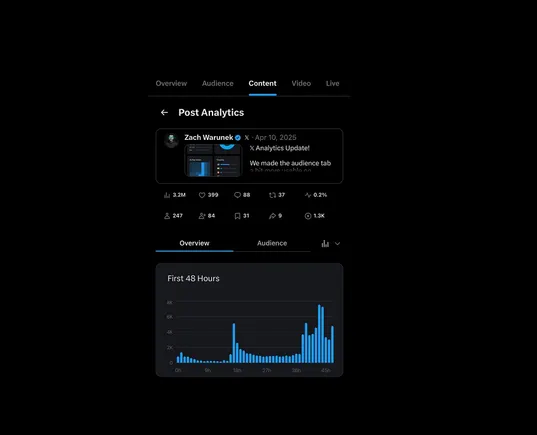

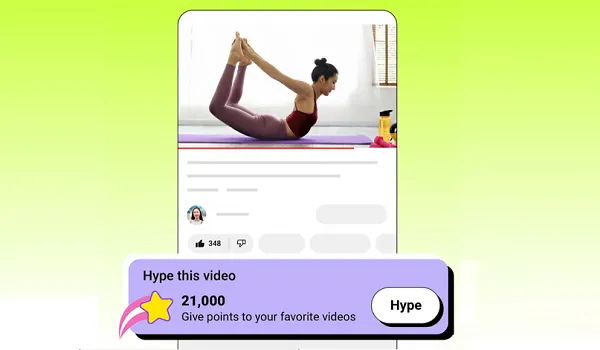
















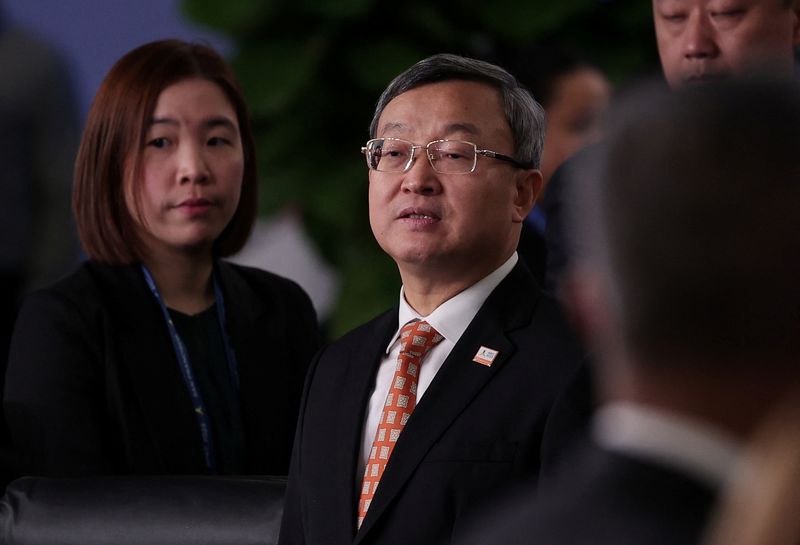
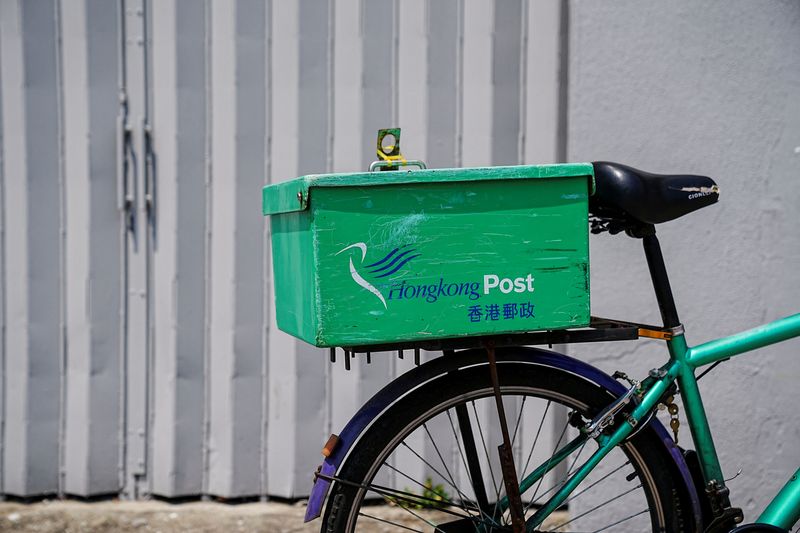
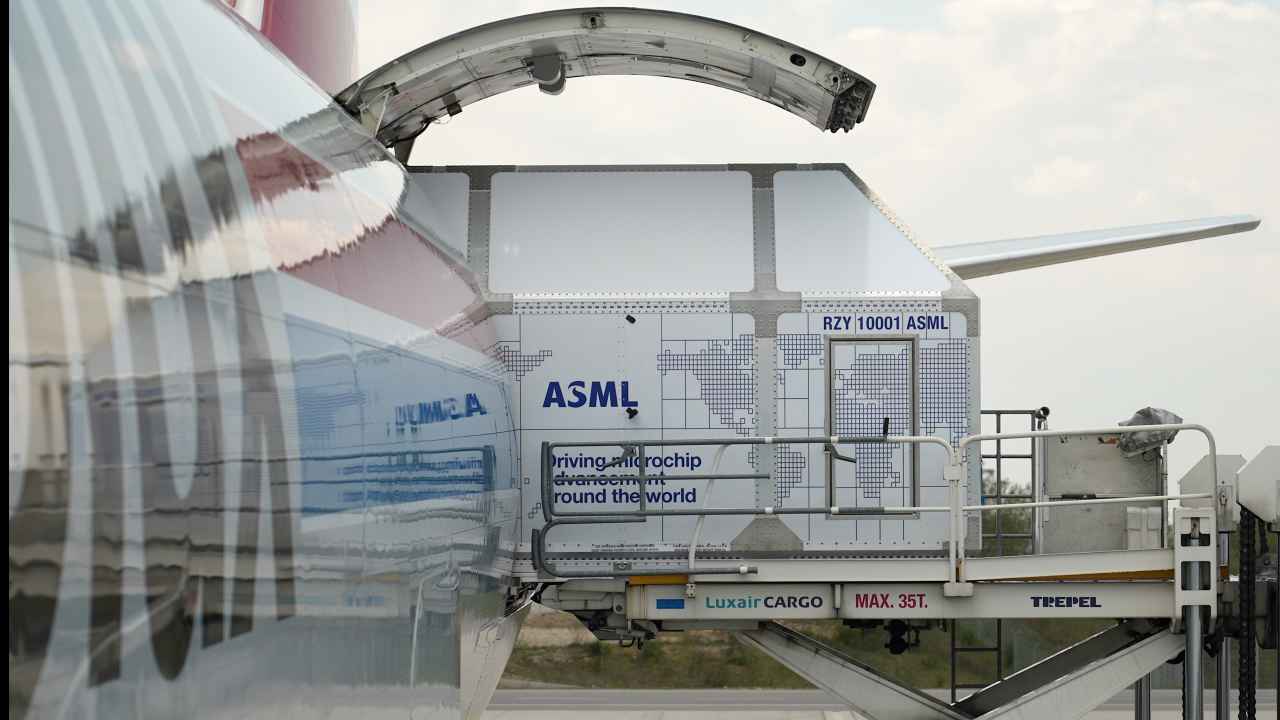












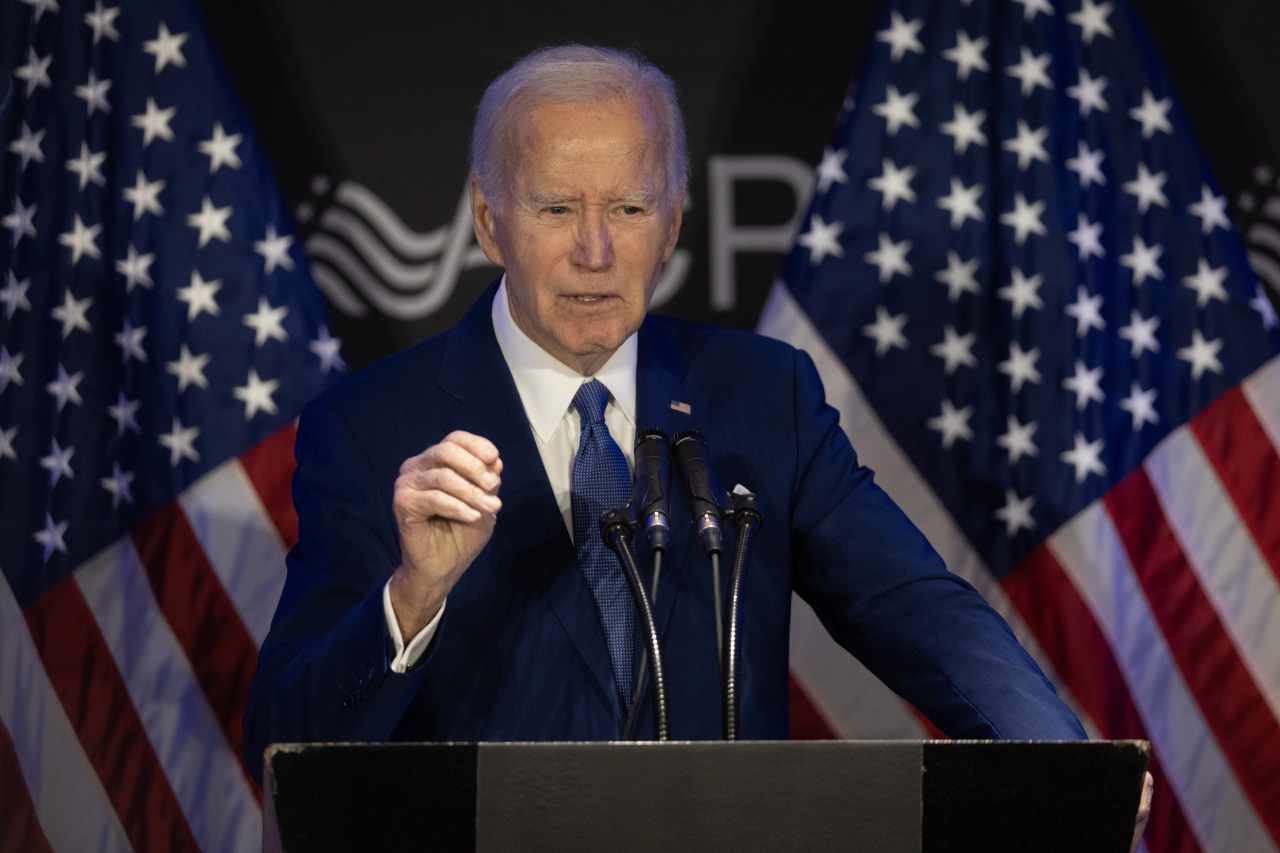

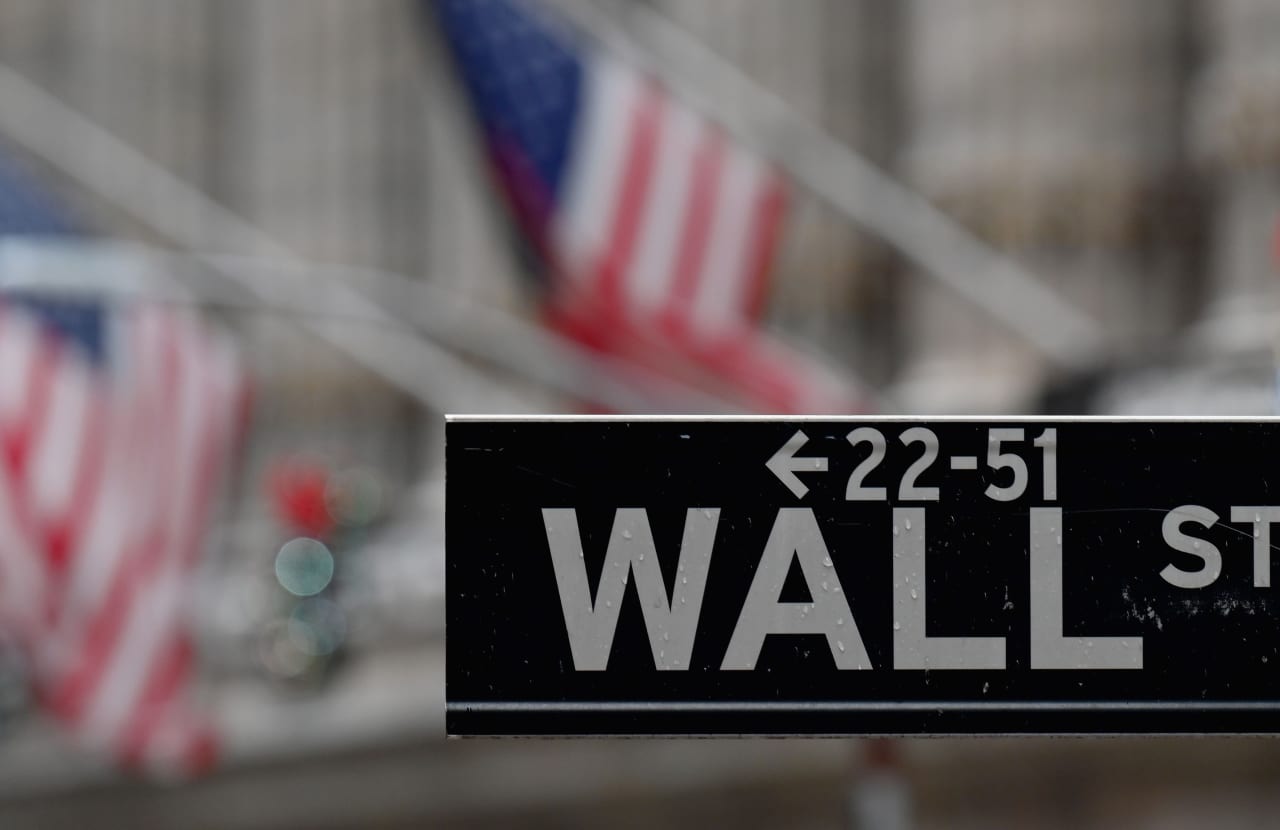
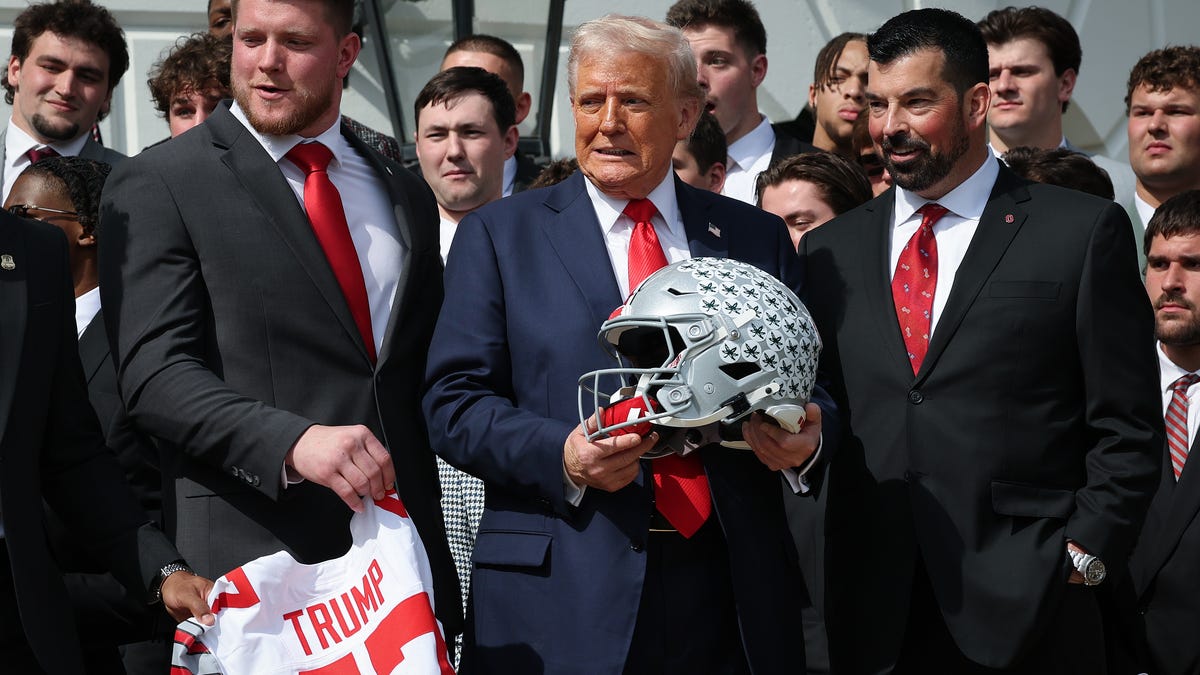
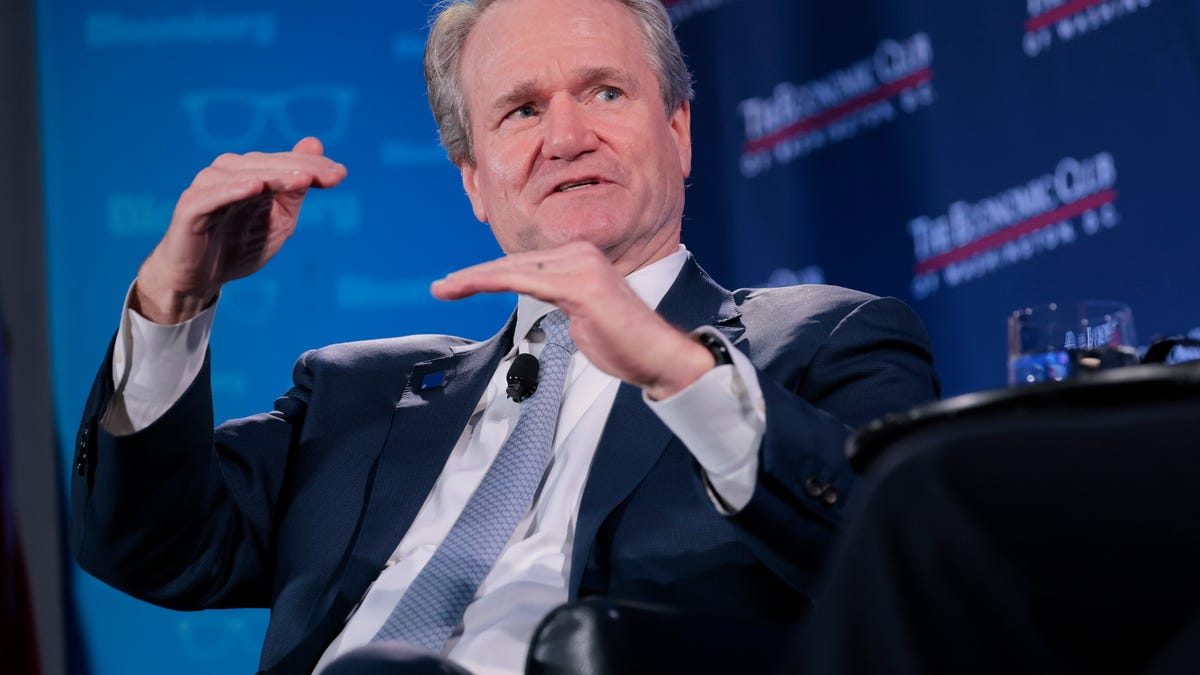
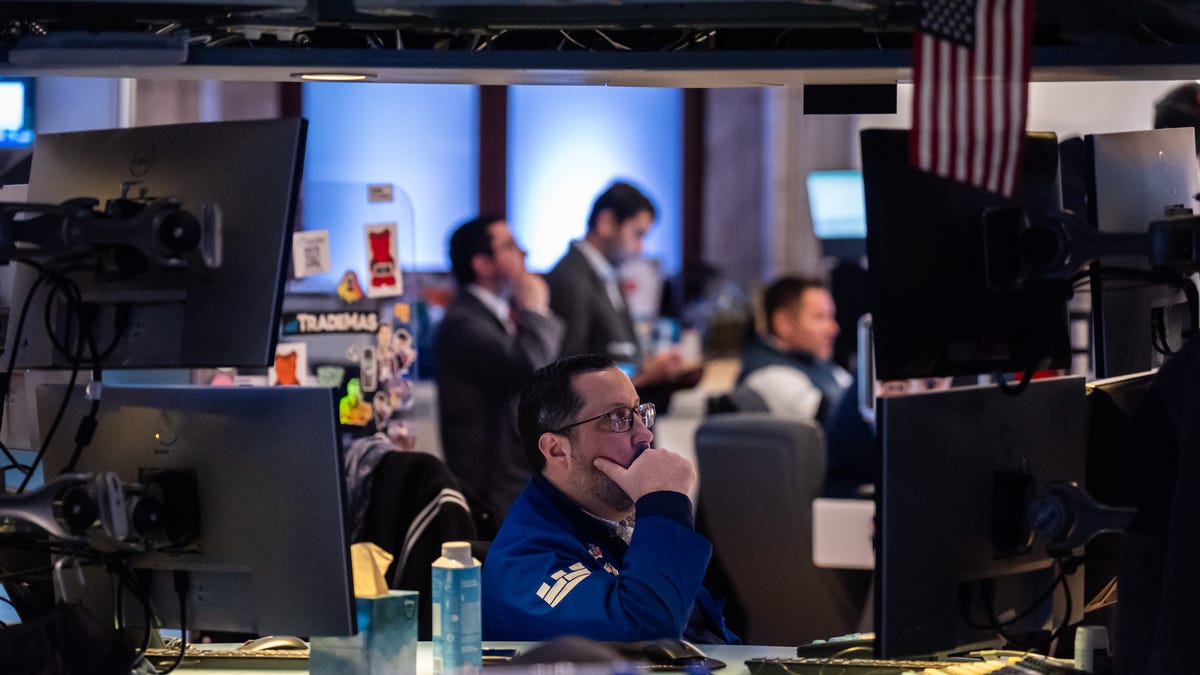



























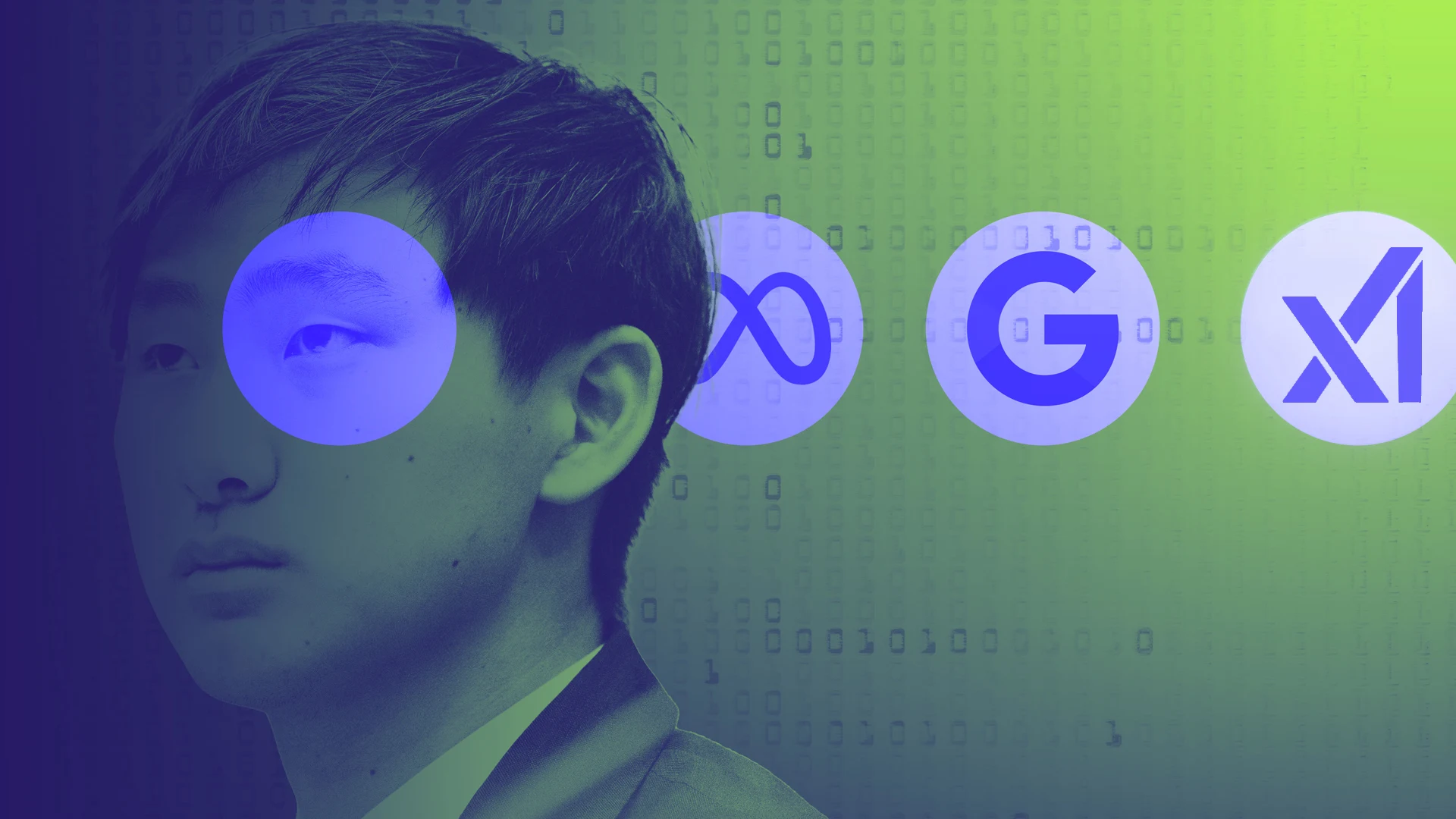
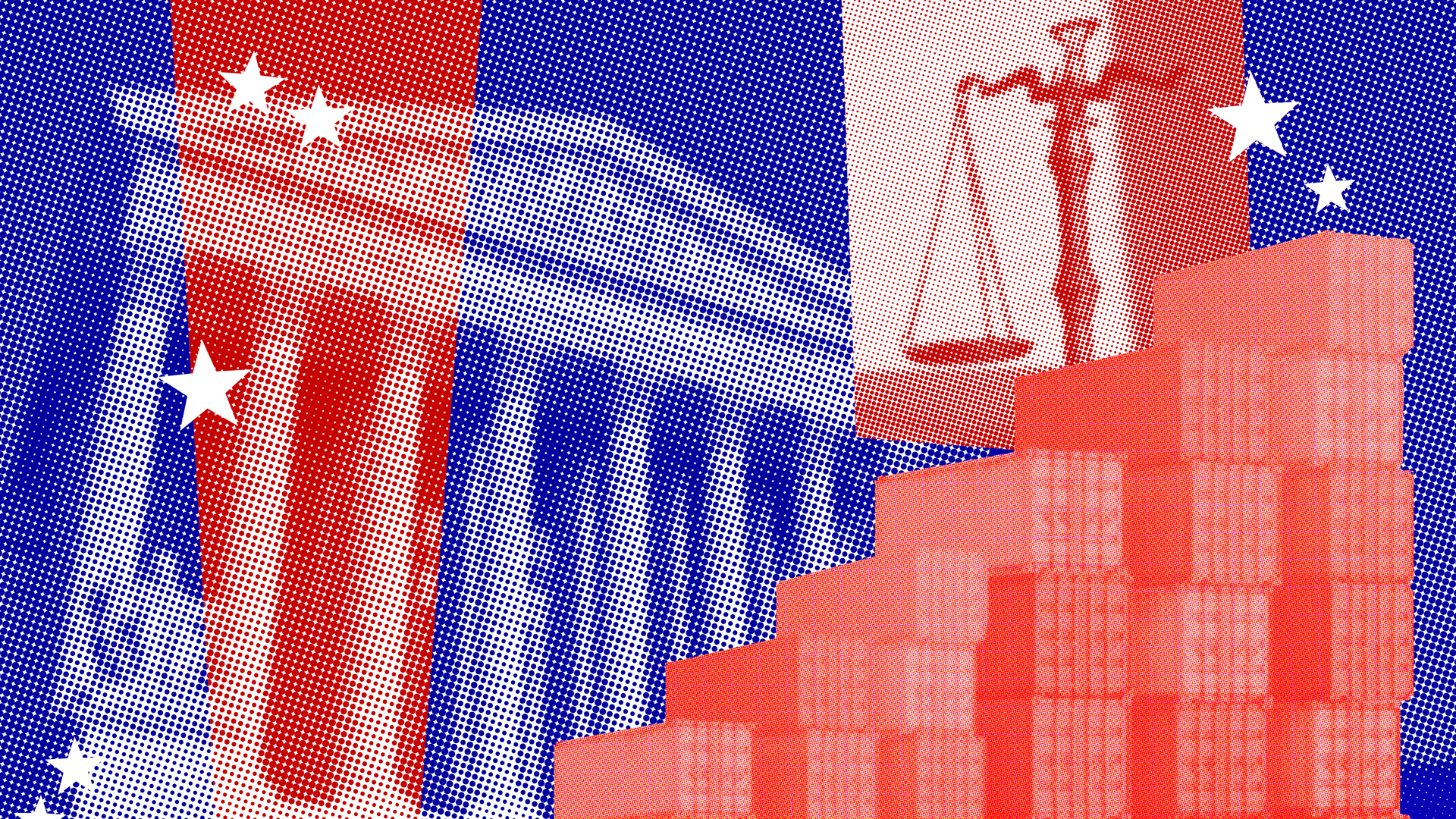
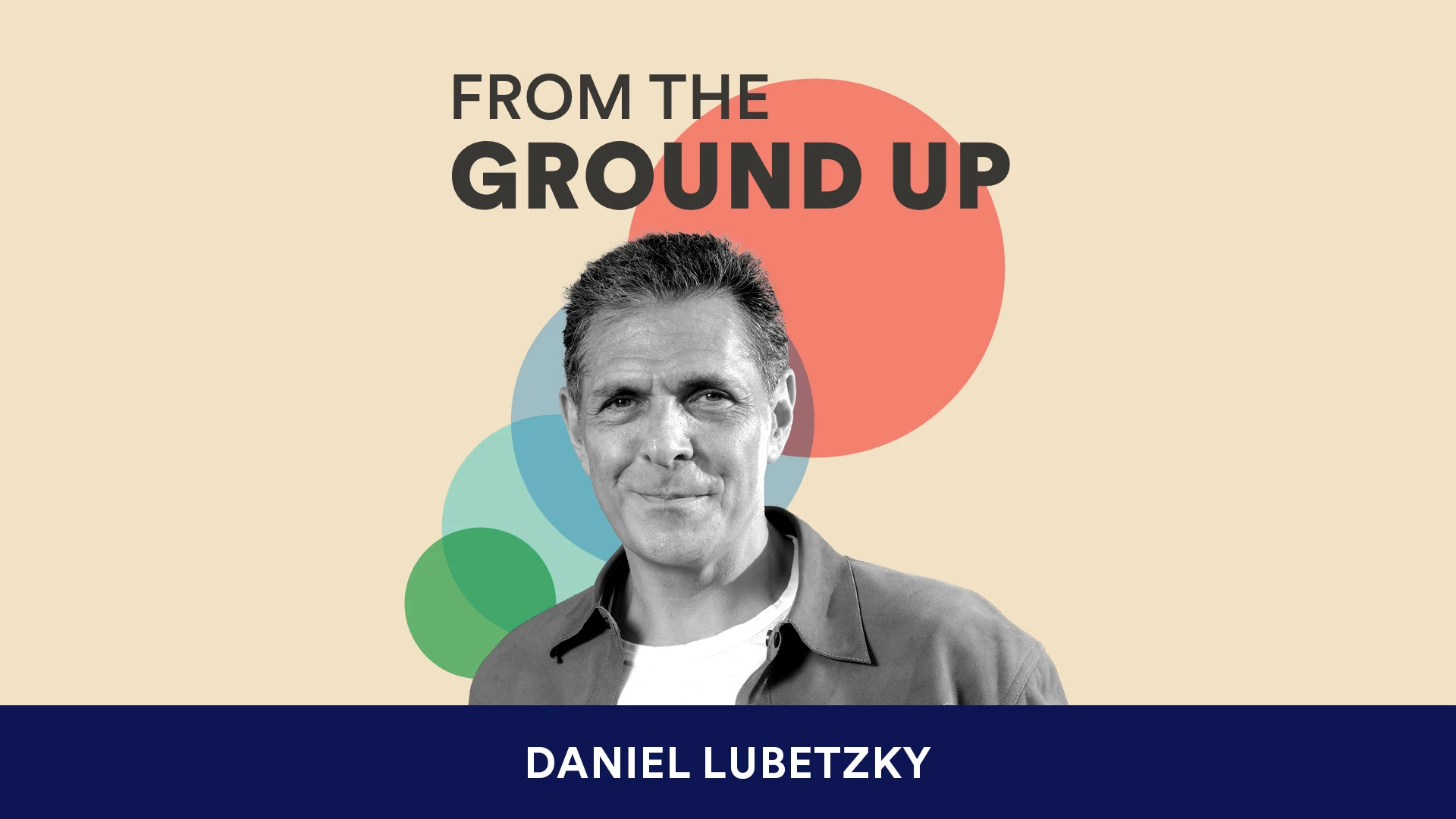

































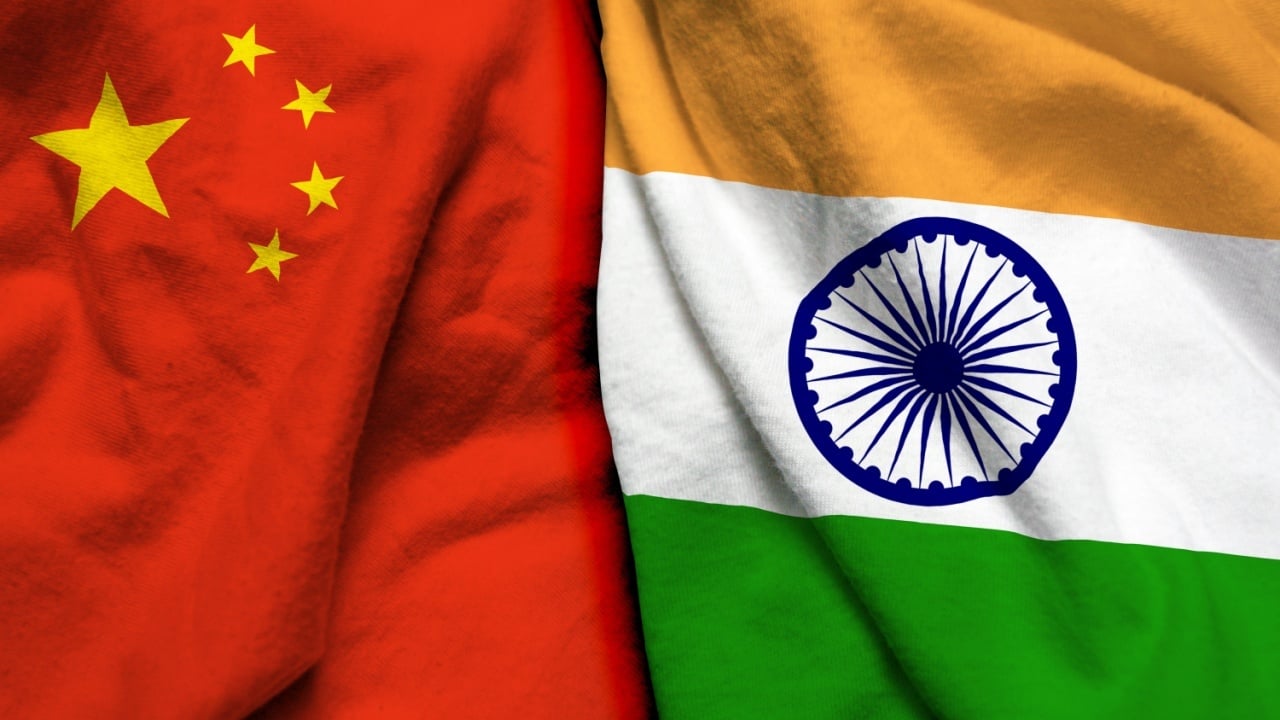


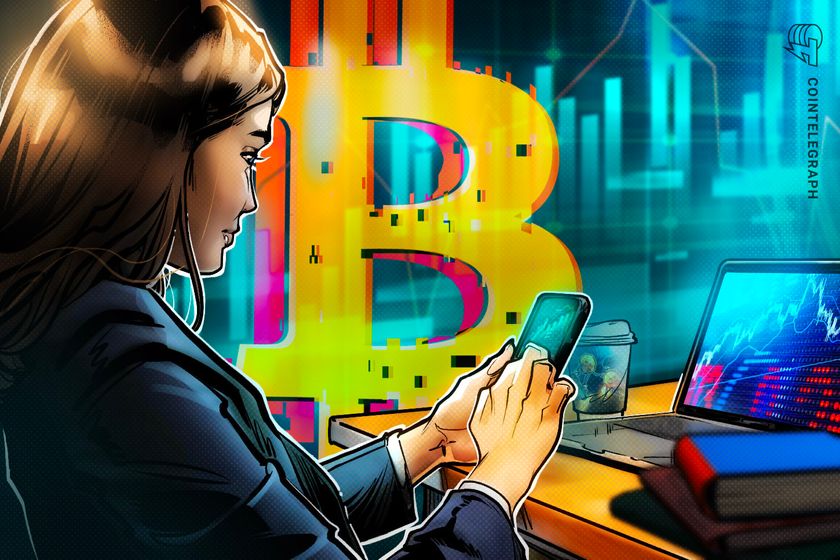
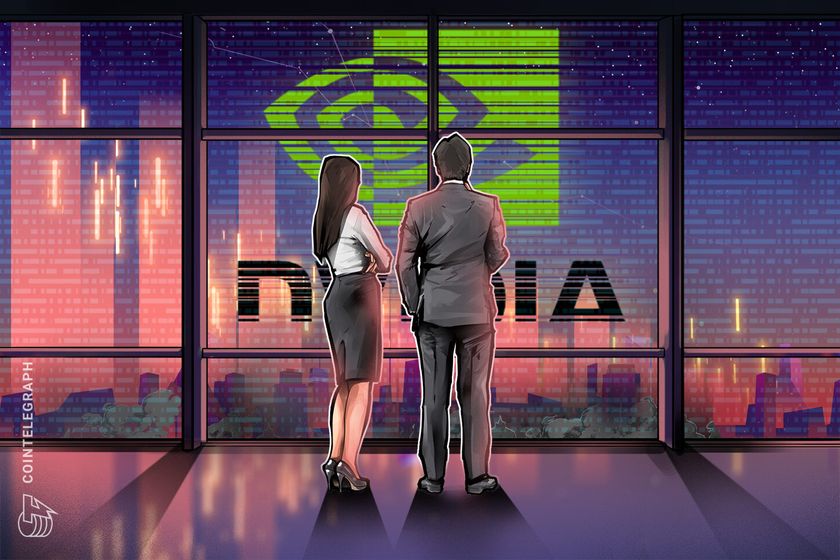

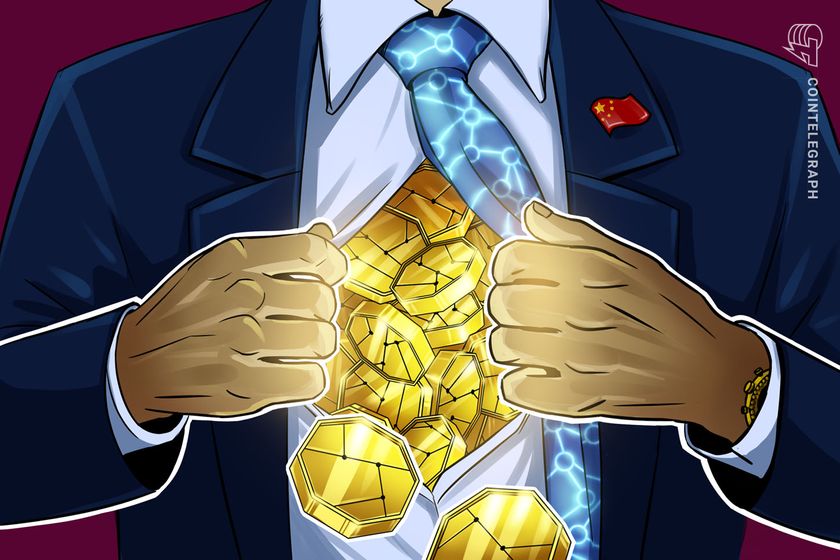

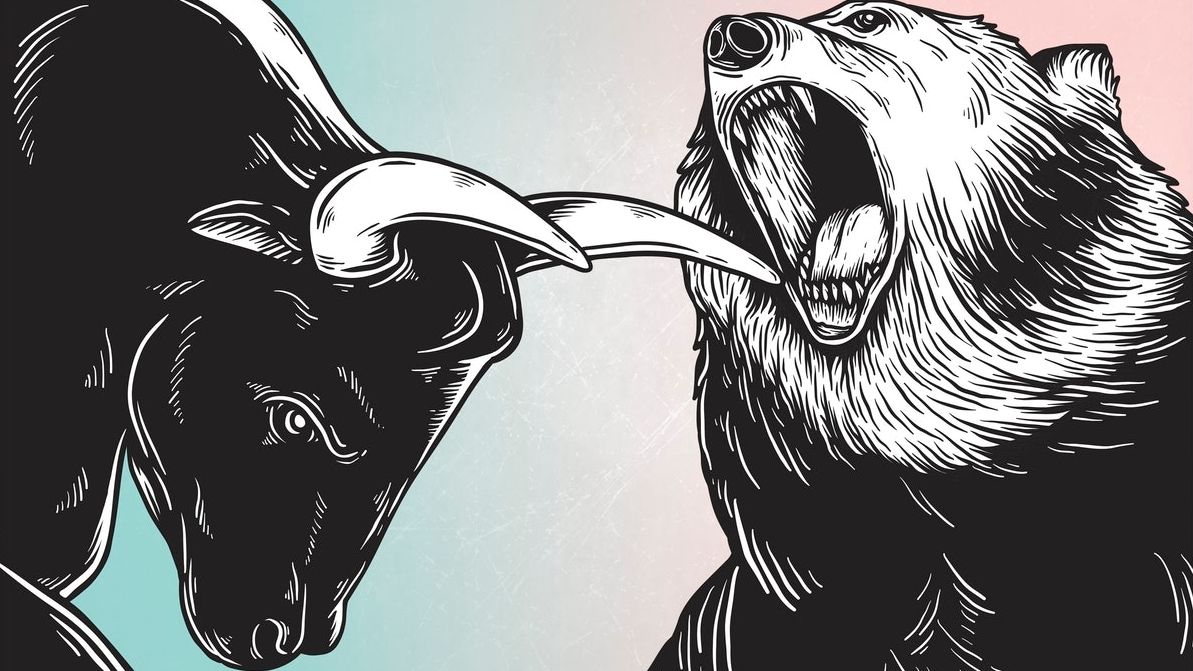


























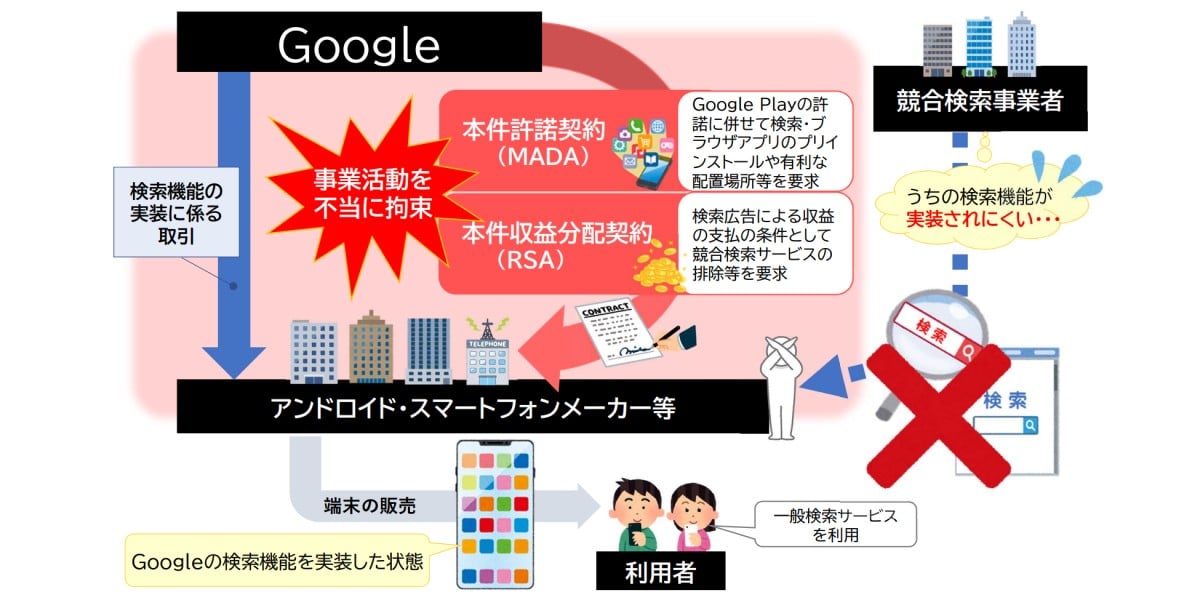
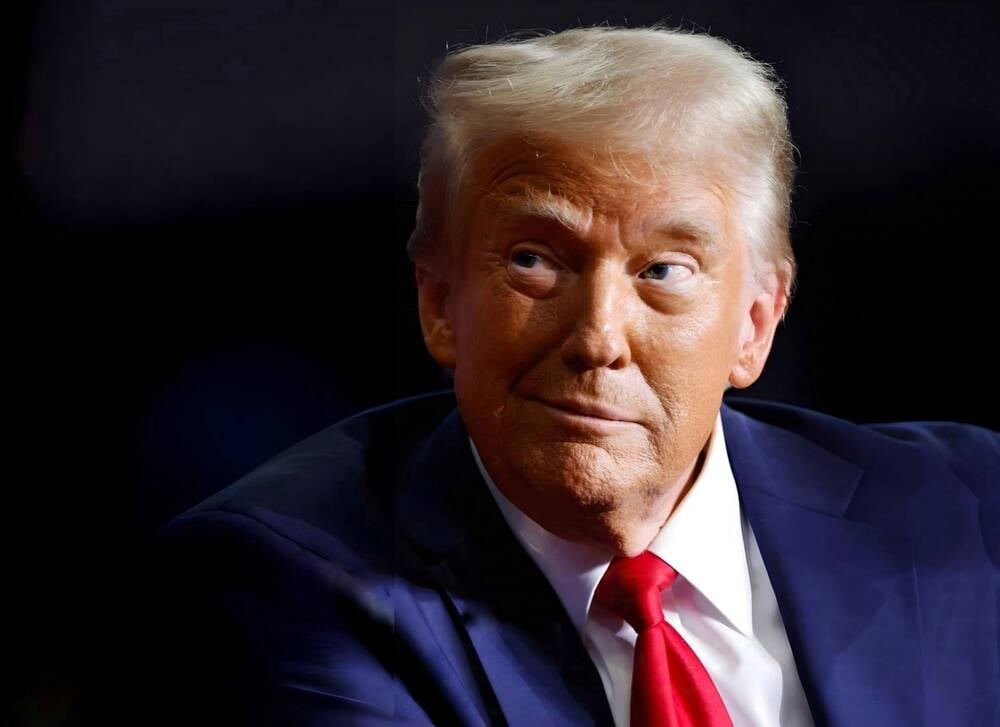





































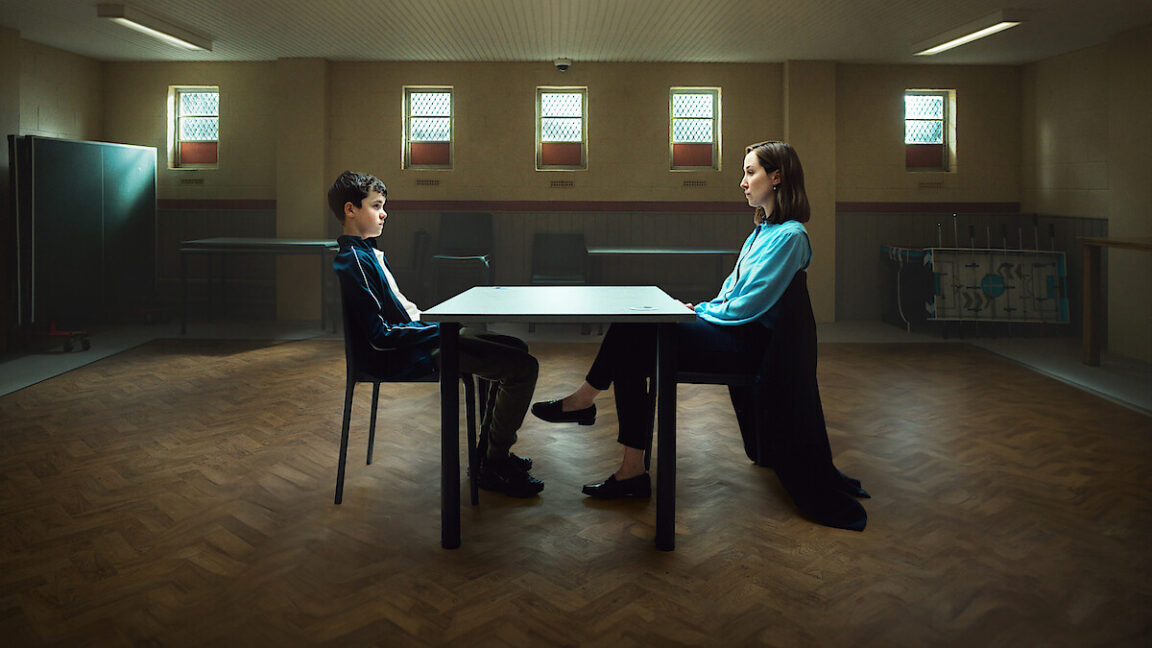
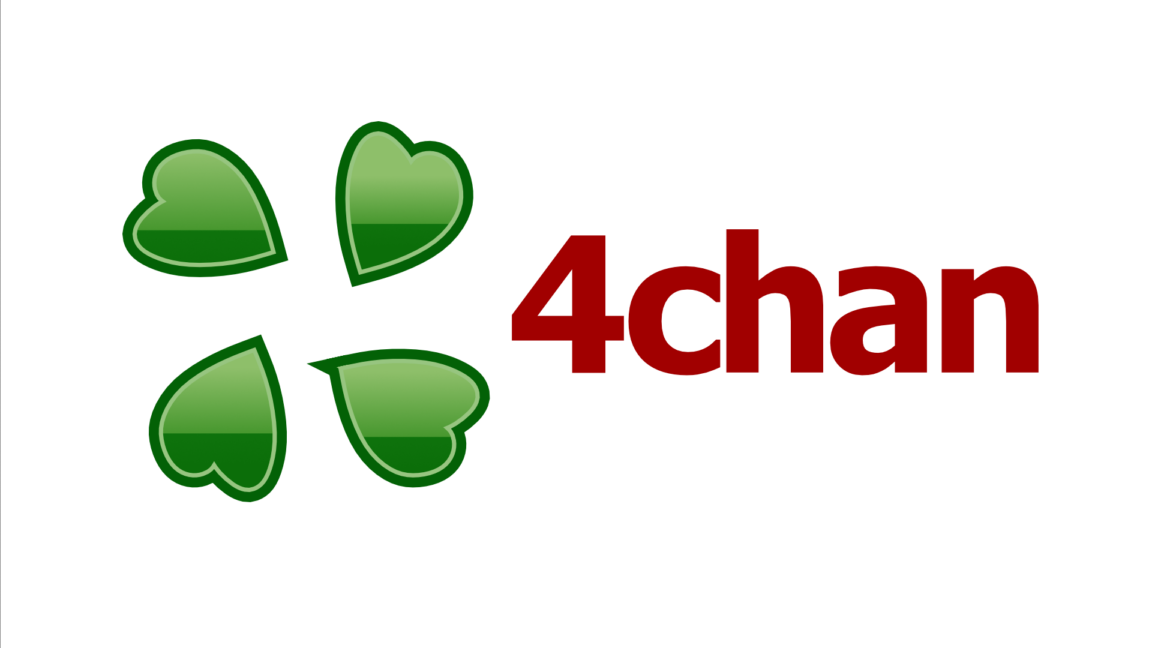
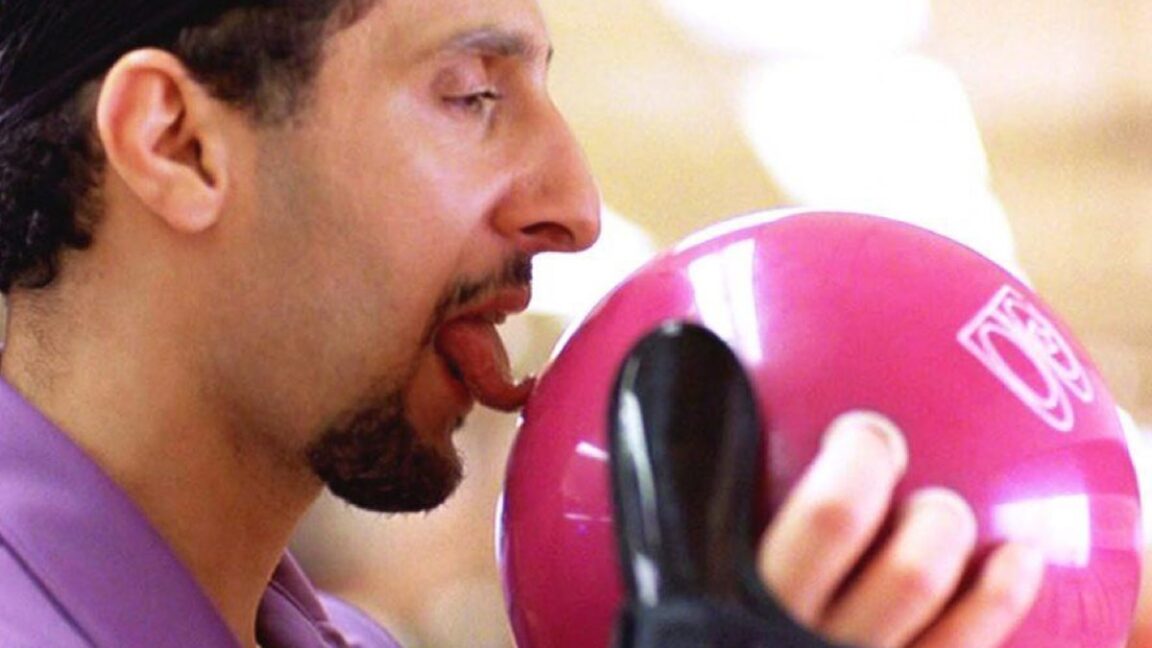




![How to Find Low-Competition Keywords with Semrush [Super Easy]](https://static.semrush.com/blog/uploads/media/73/62/7362f16fb9e460b6d58ccc09b4a048b6/how-to-find-low-competition-keywords-sm.png)



